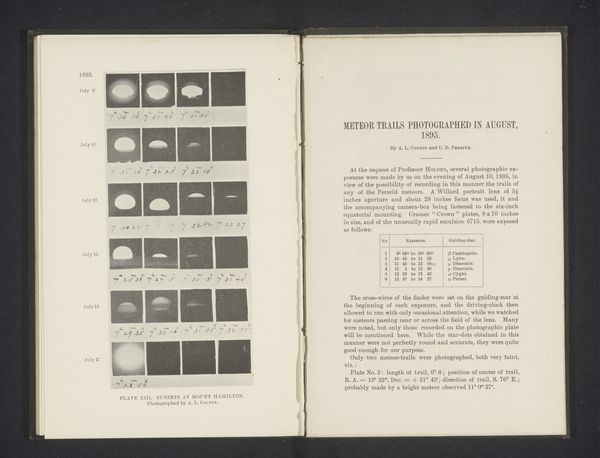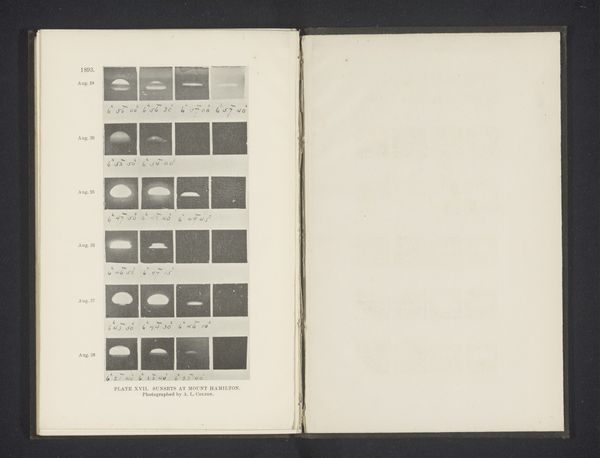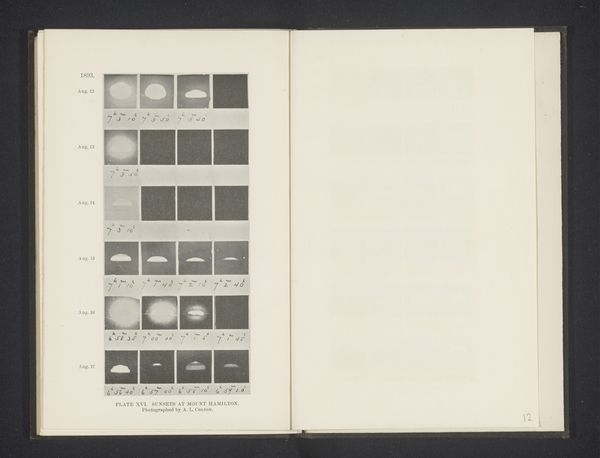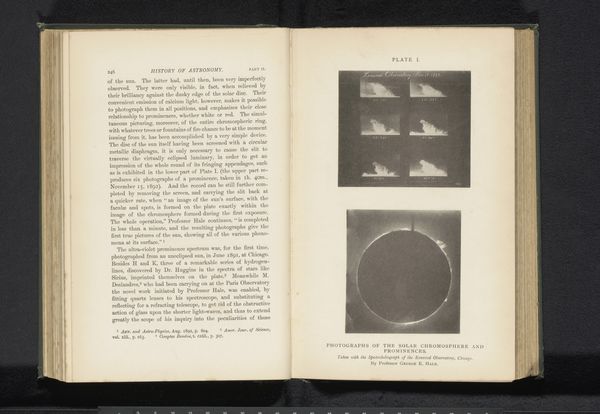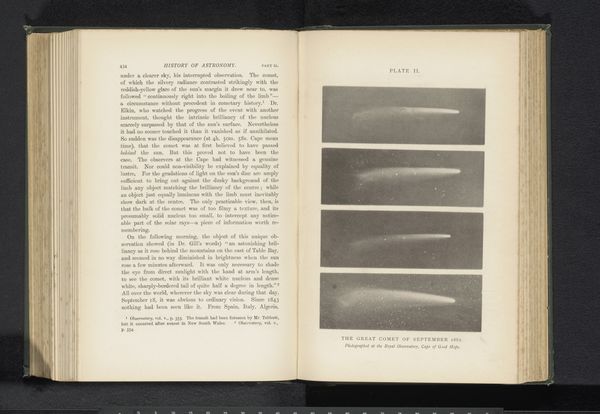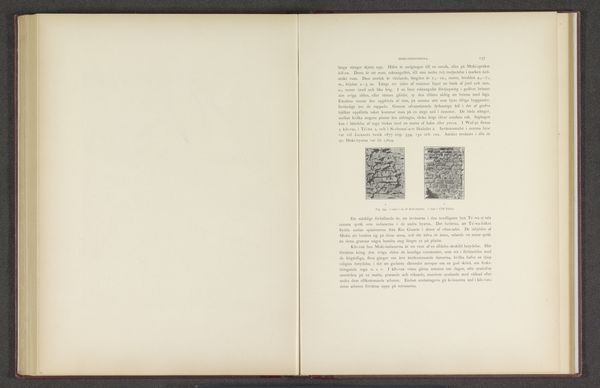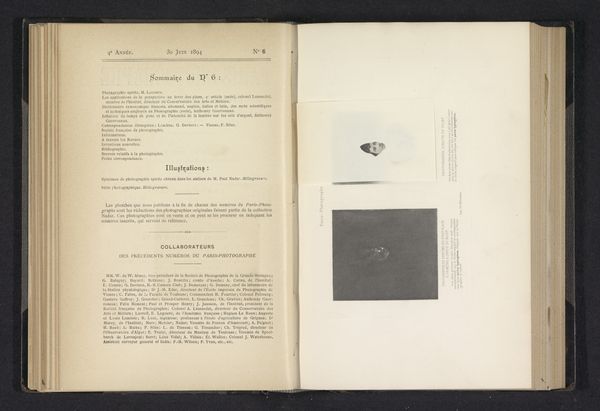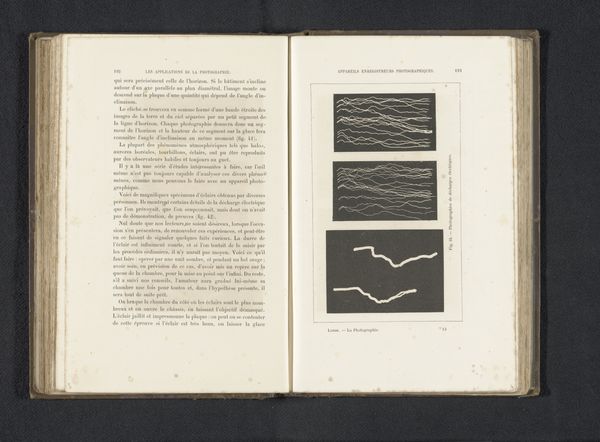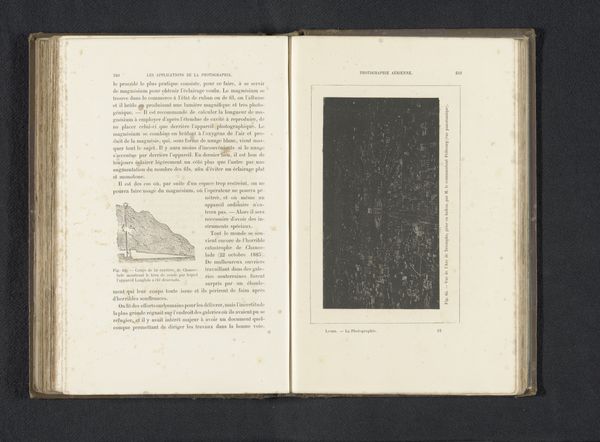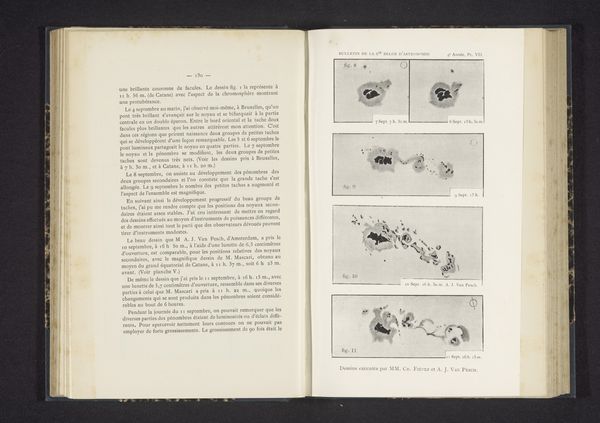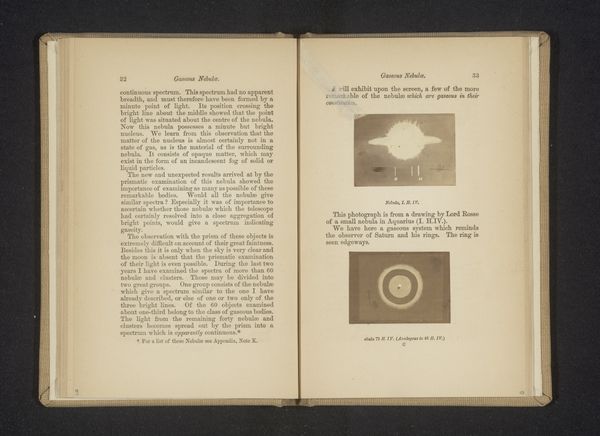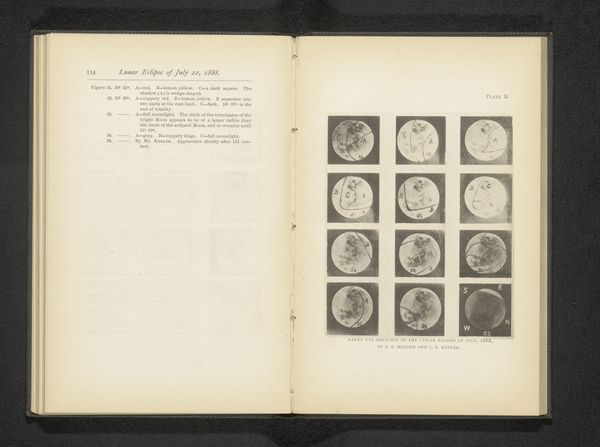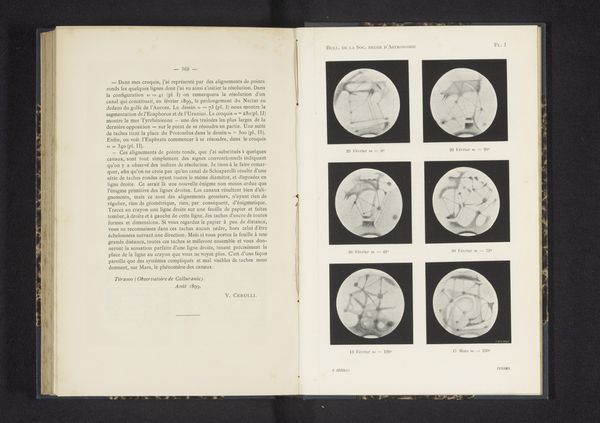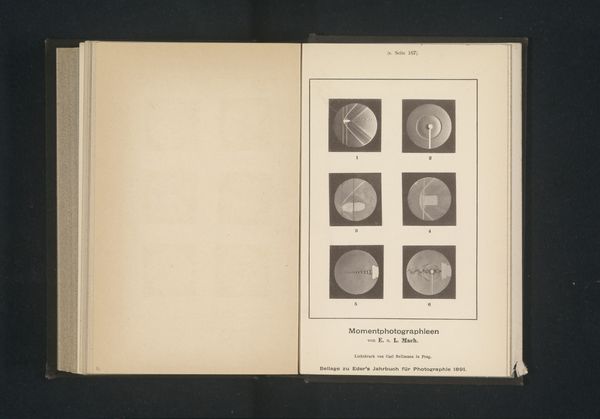
Overzicht van het verloop van de zonsondergang gezien vanaf Mount Hamilton te Californië 1893 - 1895
0:00
0:00
print, photography, site-specific, gelatin-silver-print
#
paper
# print
#
landscape
#
photography
#
site-specific
#
gelatin-silver-print
Dimensions: height 182 mm, width 81 mm
Copyright: Rijks Museum: Open Domain
Here we see A.L. Colton's "Sunset at Mount Hamilton," a photographic plate which captures various stages of the setting sun across several evenings in 1893. The composition is structured around a grid of small, square frames, each freezing a moment as the sun descends toward the horizon. The stark contrast between the bright solar disc and the dark sky immediately draws the eye, creating a rhythmic pattern that speaks to the passage of time. What's intriguing is how Colton uses the photographic medium to explore not just the appearance, but also the atmospheric conditions affecting our perception of the sunset. The changing shapes and intensities of the sun's image aren't purely aesthetic; they serve as a kind of visual record, registering the distortions caused by refraction and the haze of the lower atmosphere. Colton's approach reflects a broader interest in using technology to systematically observe and understand the natural world. The work destabilizes the idea of a fixed, objective reality, suggesting instead that what we see is always mediated by specific conditions. The grid format further emphasizes this point, underscoring the constructed nature of our understanding.
Comments
No comments
Be the first to comment and join the conversation on the ultimate creative platform.
